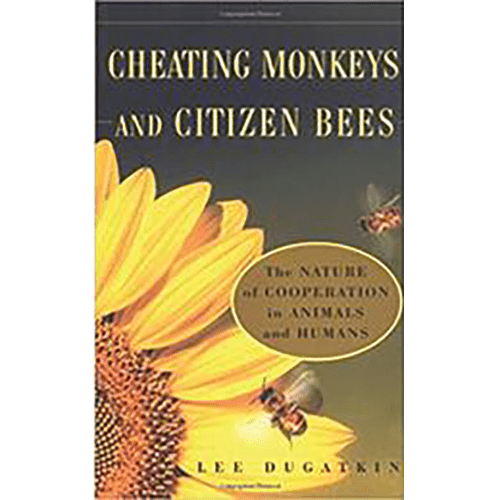Description
The author ventures into the animal and insect realms to show how observing what comes naturally to non-humans can teach us about our own instincts and the complicated web that is human society.
--
From Publishers Weekly
Evolutionary biologist Dugatkin (Cooperation Among Animals) is unabashed in his belief that "the study of evolution and animal behavior can be used to foster and enhance cooperation in humans." Without resorting to simple-minded biological determinism, he argues forcefully that the behavioral predisposition of humans may be predicted by evolution. Thus, he asserts that research in animal behavior can provide baseline information about parallel behavior in (admittedly more complex) humanity. Such investigations may ultimately help us better understand the underpinnings of human behavior and allow us to restructure our environments to promote more cooperation. Dugatkin explains that cooperation arises through four pathways, "family dynamics, reciprocal transactions, selfish teamwork, and group altruism." He devotes one chapter to each pathway, clearly explaining the underlying evolutionary theory and providing myriad animal examples. His fascinating instances range widely from vampire bats willing to regurgitate blood for starving neighbors to mongooses who take turns baby-sitting. Each chapter concludes with an attempt to tie the lessons learned from animals to suggestions for public policy issues as diverse as class size in elementary schools and partnering in police departments. These applications, however, are the weakest part of an otherwise startling and eye-opening glimpse into the evolution of behavior.
Copyright 1999 Reed Business Information, Inc.
